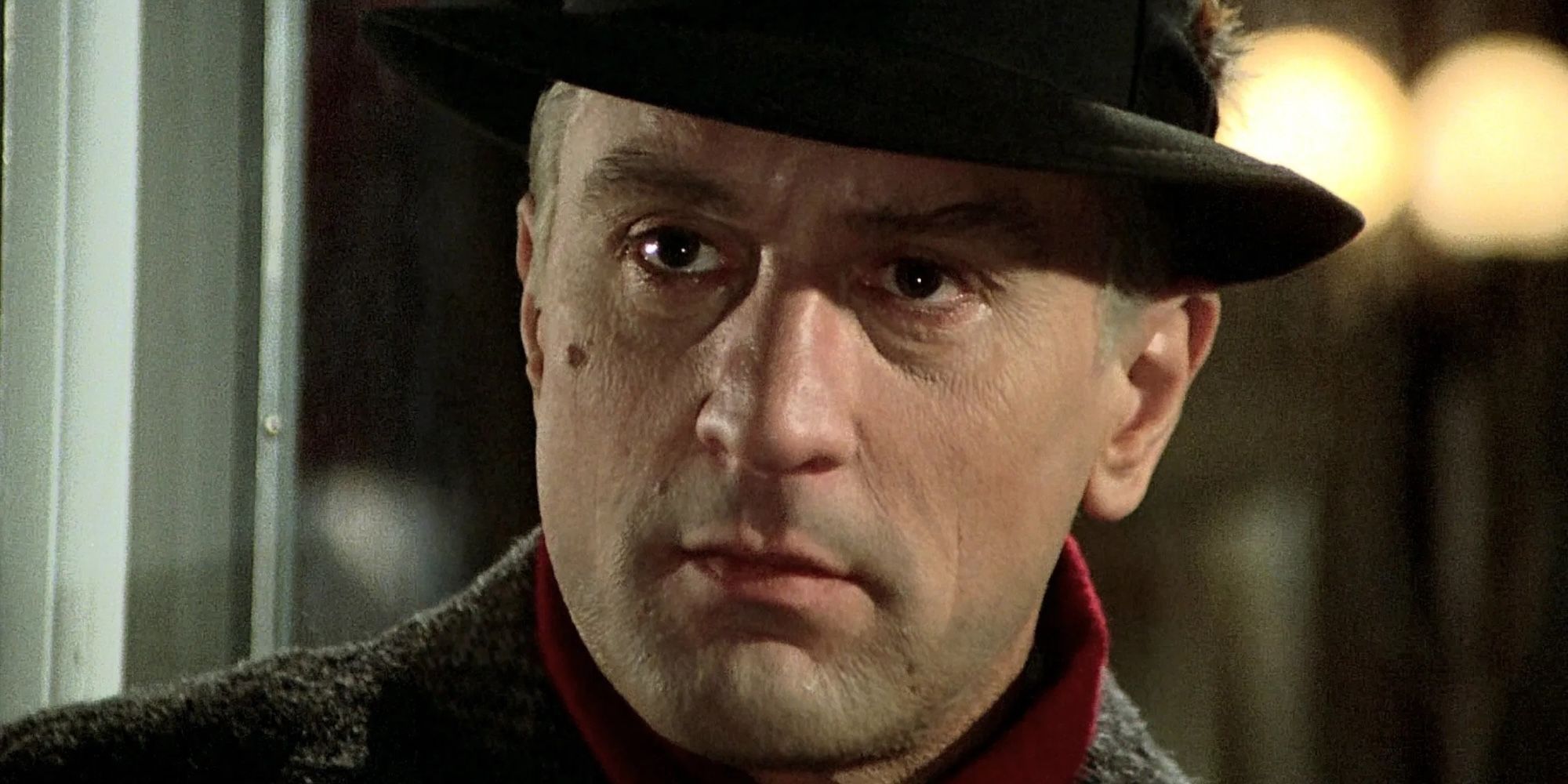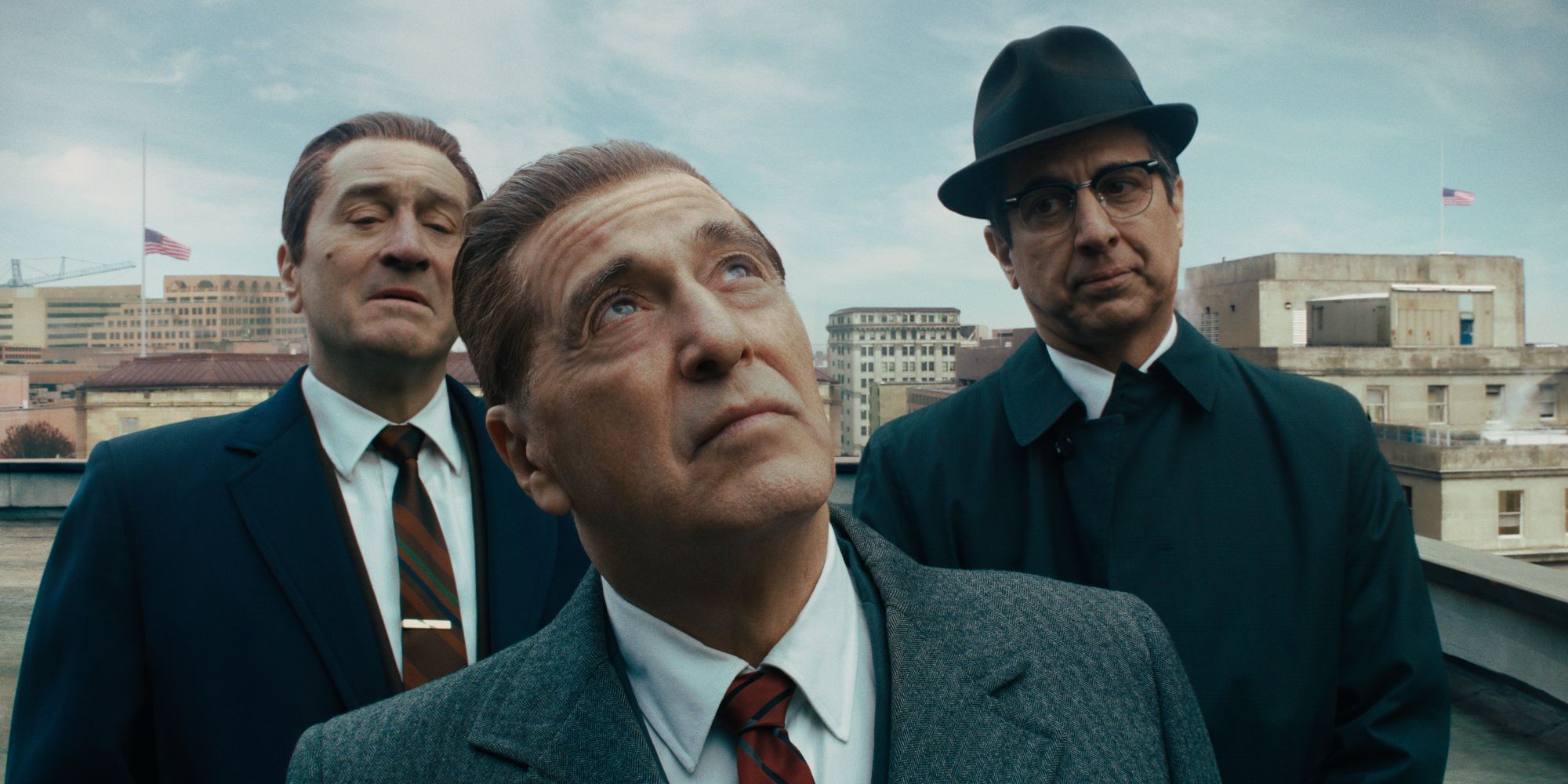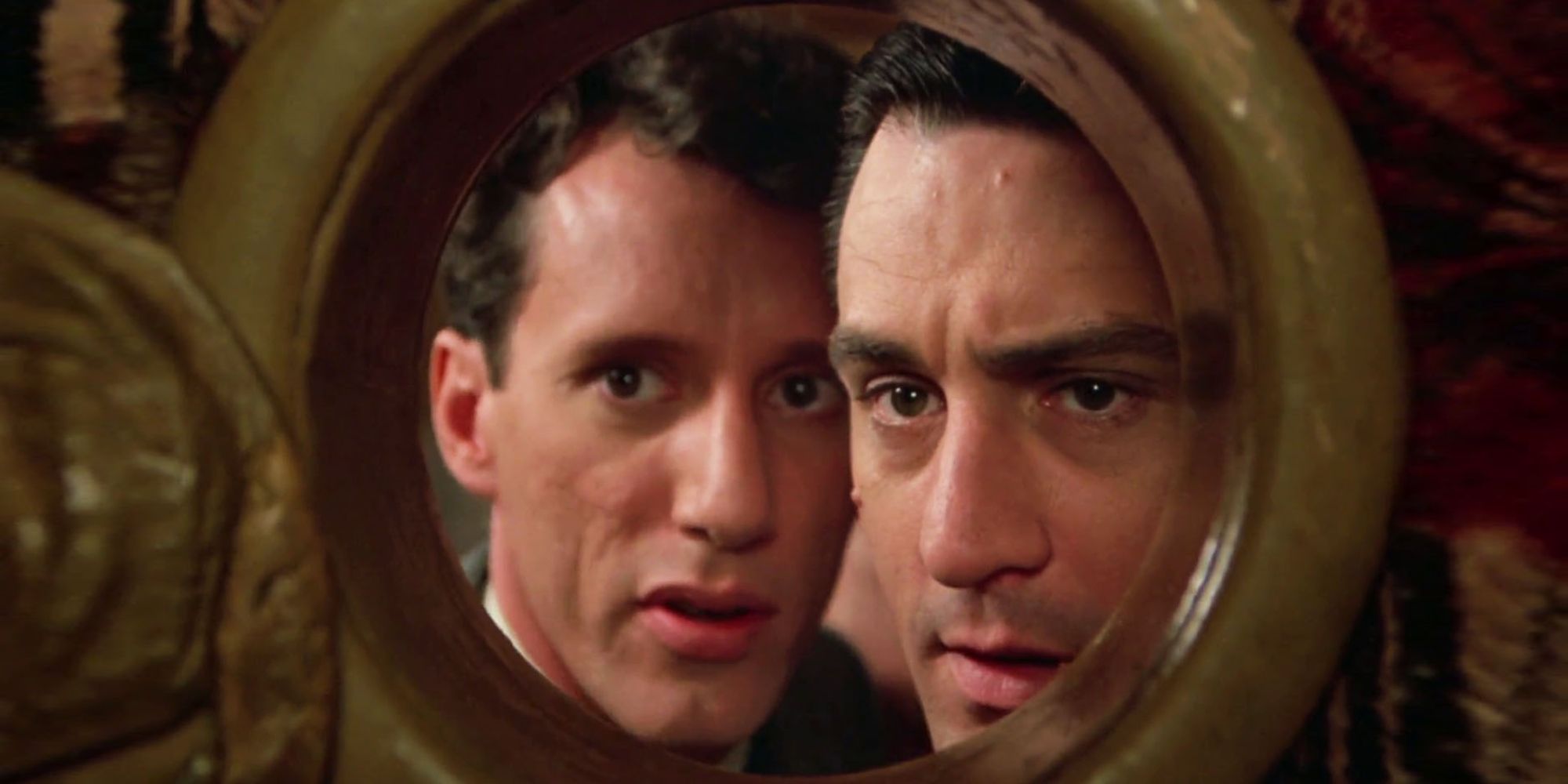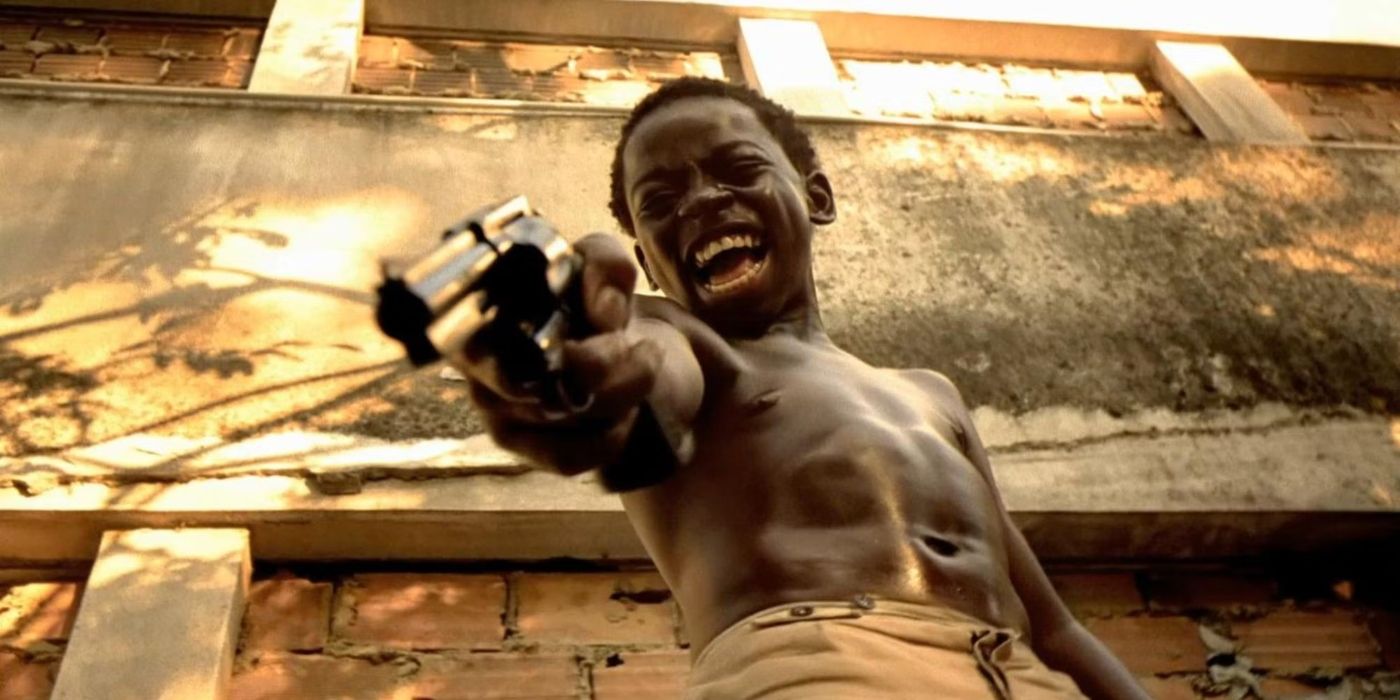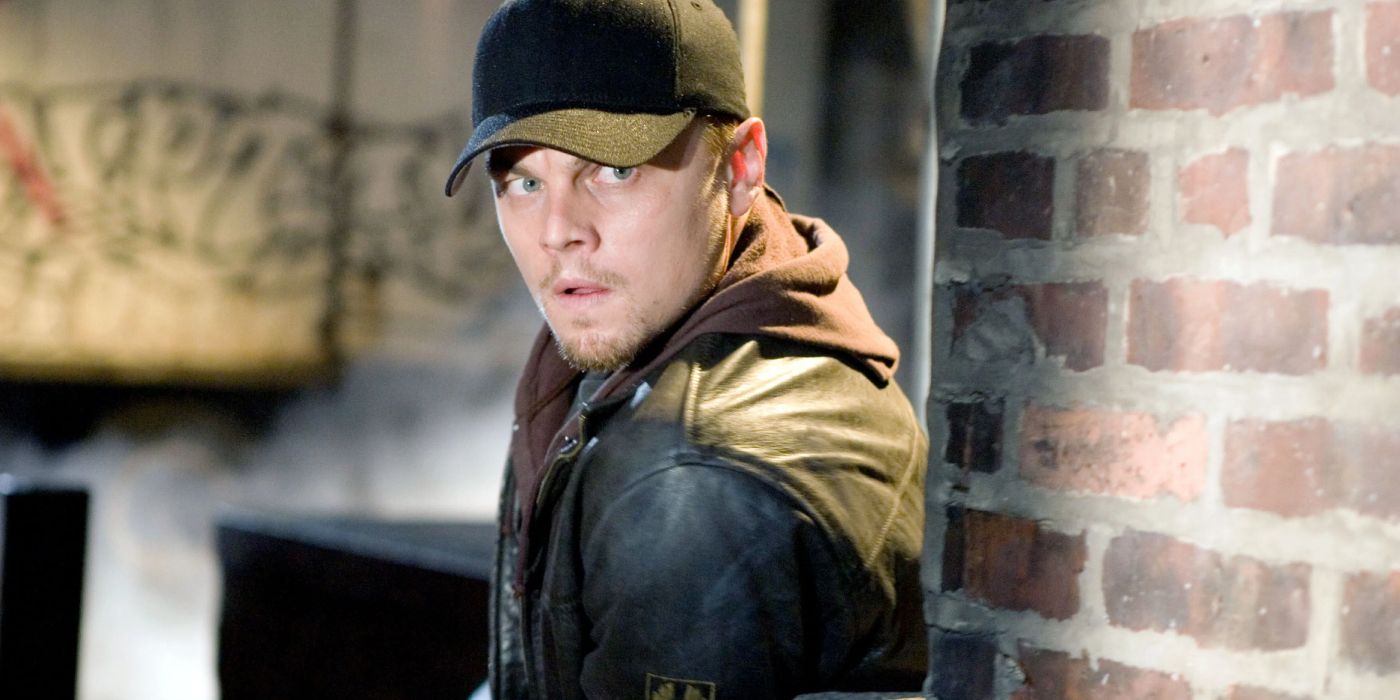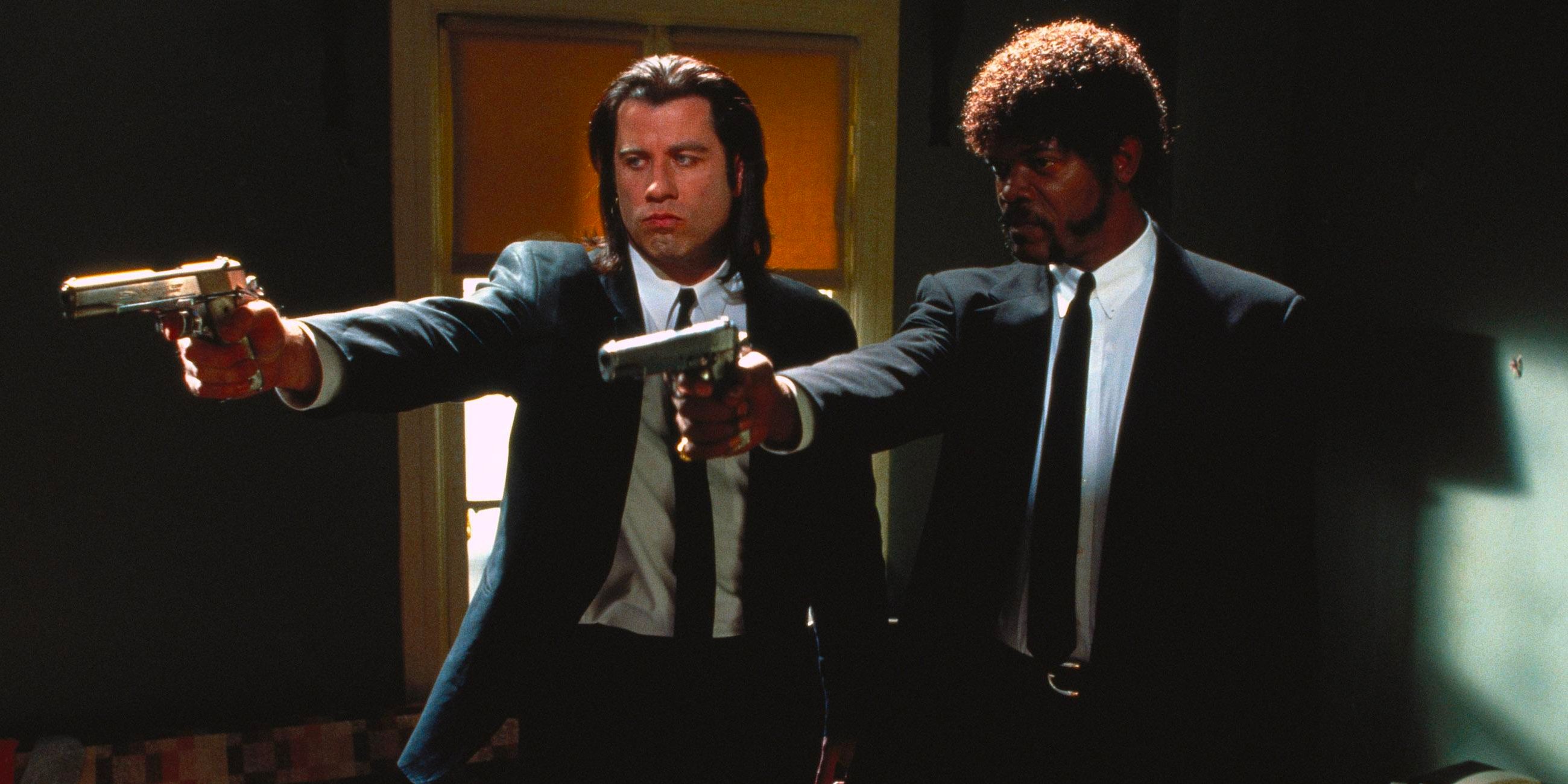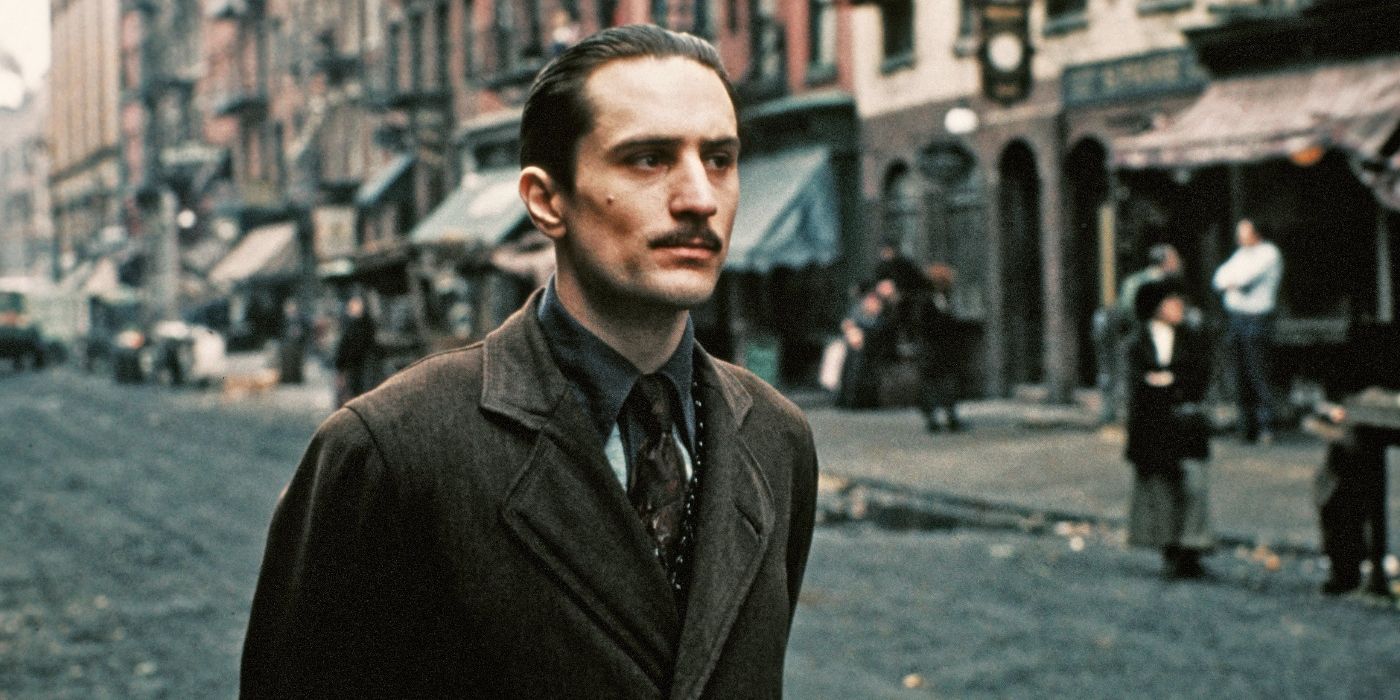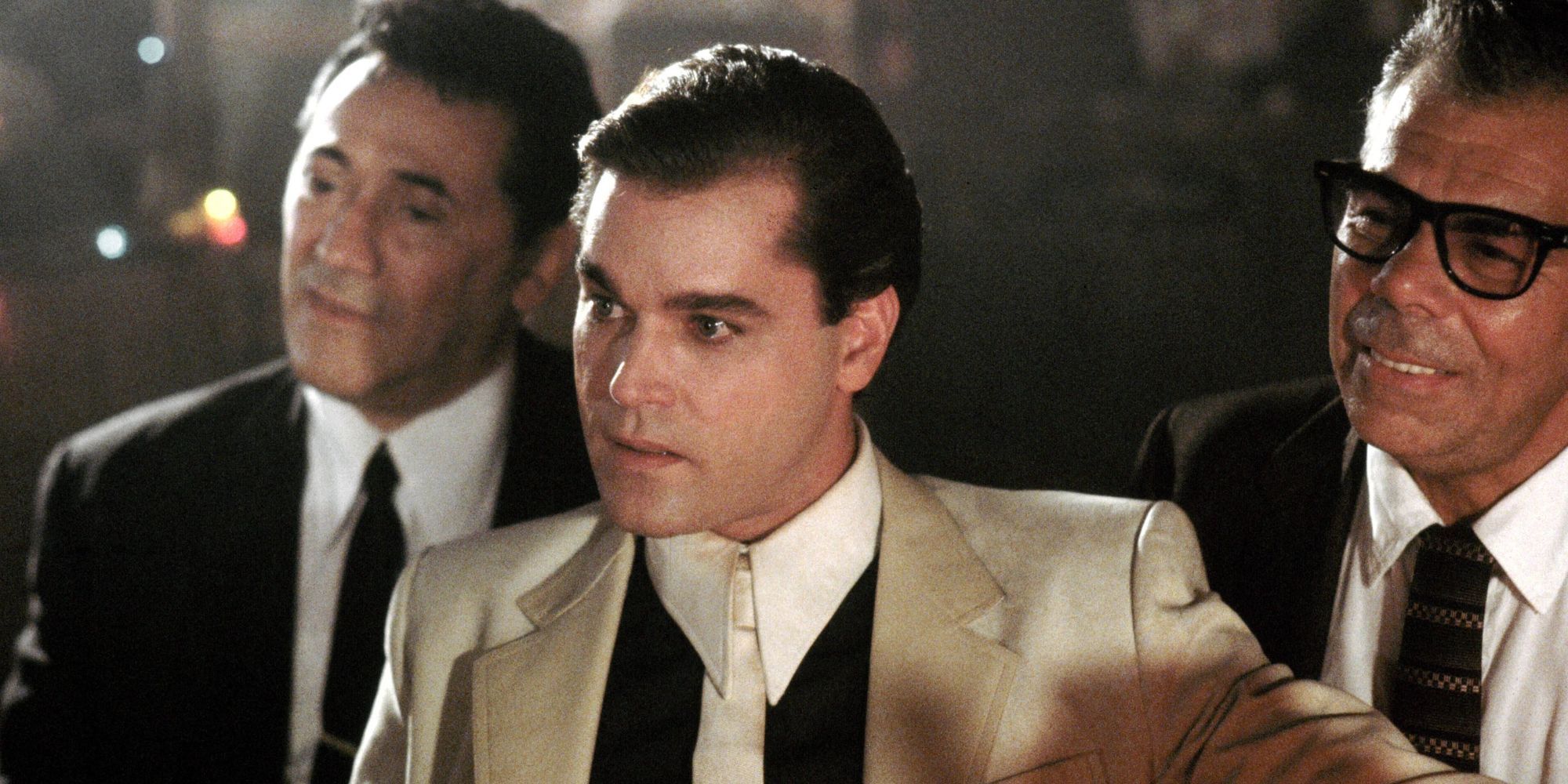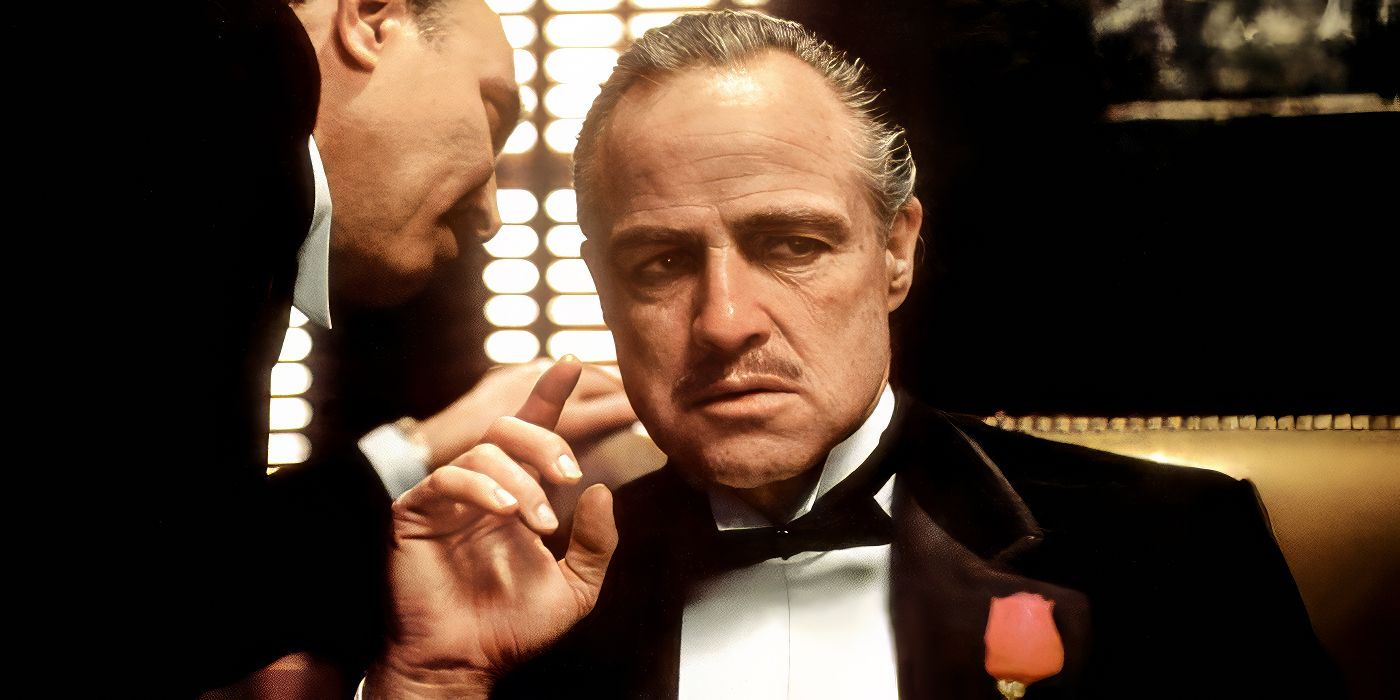There is hardly a cinematic genre so enticing and intriguing as gangster films. In fact, per capita, mobster movies seem to have one of the best strike rates of any style of film when it comes to producing all-time classics. Not only are they typically violent and confronting character studies imbued with tremendous scope and dramatic heft, but they are also able to use this focus to pose compelling questions on such themes as morality, power, corruption, and justice. The fact that they have always been able to do so while presenting as stylish and slick pictures is just an added bonus.
The greatest gangster movies, unsurprisingly, are the ones that have balanced this lavish appeal and alluring danger with thematically precise condemnations on the brutality and consequences of lives of crime with outstanding skill, elegance, and insight. Ranging from modern day masterpieces to decades-old classics, from iconic Hollywood titles to some of the best films in international cinema, the 10 films mark the greatest the gangster genre has seen over the past 75 years.
10
‘Casino’ (1995)
Directed by Martin Scorsese
It should come as a surprise to absolutely no one to learn that Martin Scorsese has several pictures that appear on this list. The master of mobster cinema has always had a gift for showcasing the luxurious and powerful allure of organised crime while still detailing the violent and viperous pitfalls of such a lifestyle. Casino is one of the finest examples of this, with the 1995 crime epic following the resourceful Sam “Ace” Rothstein (Robert De Niro) as he is sent out to Las Vegas to preside over the management of the mob’s casinos, an assignment that sees him rapidly rise in influence even as many unforeseeable dilemmas arise.
With a journalistic approach to story being adopted by Scorsese and co-writer Nicholas Pileggi, Casino embraces a sprawling, scratchy messiness that gives it an absorbing air of plausibility, one that makes the viewer feel as if they’re being immersed into something truly wild and volatile. Whatever familiarities the screenplay does have to Scorsese’s past crime films are overshadowed by the sheer might of Casino’s stylish and bold presentation and the scintillating talent of the ensemble cast.
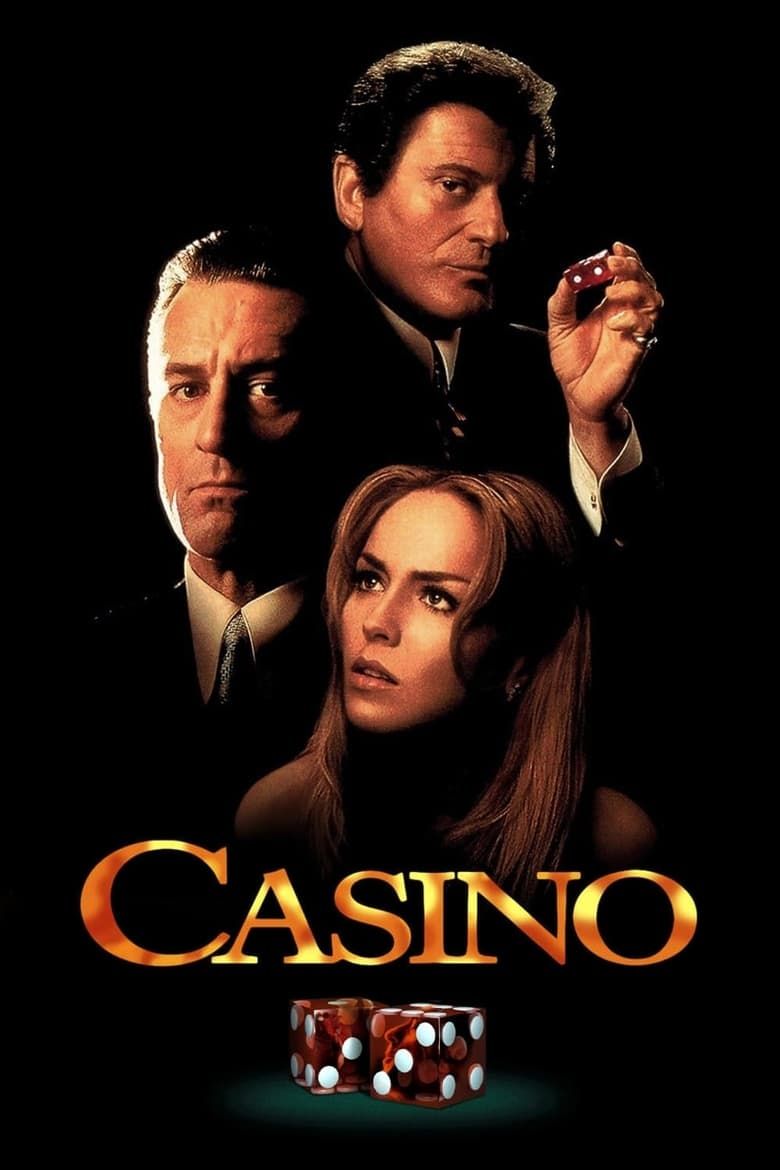
9
‘Snatch’ (2000)
Directed by Guy Ritchie
Known for his distinct dialogue, his use of dark comedy, and his ability to balance grit and fun in equal measure, Guy Ritchie’s trademark style has become something of a cinematic trend in itself. No film defines his style like Snatch. The engrossing crime-comedy transpires as different parties entrenched in London’s criminal underworld become entangled in a sprawling story revolving around a stolen diamond from Antwerp and a mobster’s rigged boxing bouts.
Above all else, Snatch is kinetic. It’s momentous and propulsive, using laughs, lunacy, and lots of violence to maintain a frenetic energy that doesn’t so much invite the viewer, but rather thrusts them into the midst of the brilliantly orchestrated chaos on display. It is rife with the quick-thinking yet callous bravura that has come to define British crime cinema, and its elaborate spiderweb of a story ensures Snatch is not only one of the most enthralling gangster movies of all time, but one of the best comedies as well.
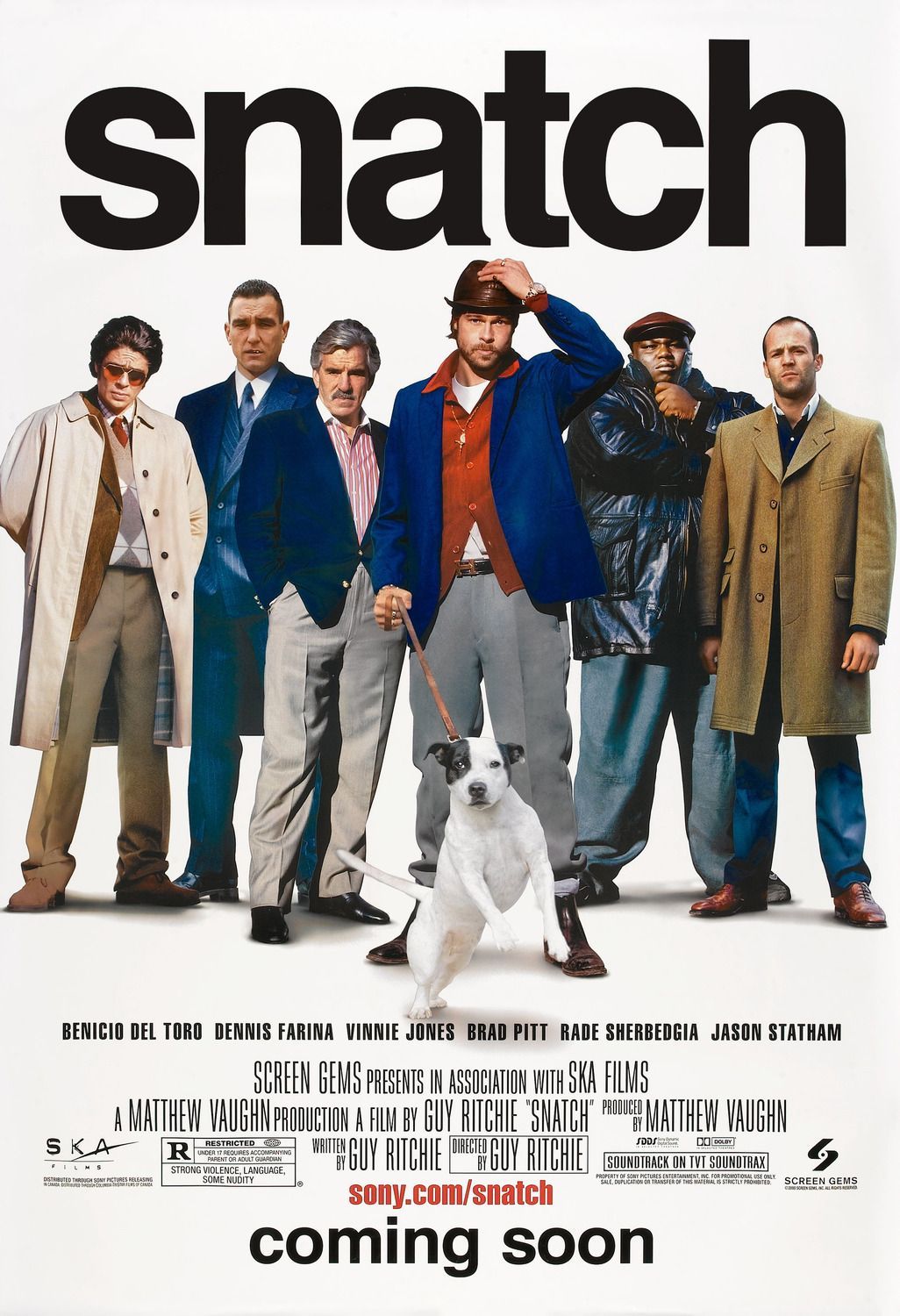
8
‘The Irishman’ (2019)
Directed by Martin Scorsese
The most recent masterpiece gangster cinema has seen, The Irishman is something of a culmination of Scorsese, De Niro, and Joe Pesci’s careers together, one that also added fellow crime cinema legend Al Pacino to the fray as well. Based on the narrative nonfiction book “I Heard You Paint Houses” by Charles Brandt, it follows the life and mob career of Frank Sheeran (De Niro), an Irish-American hitman for the mafia who ends up working for, bonding with, and, later, carrying out the murder of the head of the International Brotherhood of Teamsters, Jimmy Hoffa (Pacino).
Enthralling through its sinister coldness, The Irishman wields its historical might with power and poise, running with a methodical and measured tempo that builds gradually throughout the enormous 209-minute runtime and remains ever-aware of where the story sits—and how its interplays with—the backdrop of an increasingly corrupt America through the back half of the 20th century. Even finding a note of sad reflection in its final act, The Irishman is a weighted, poignant, and sobering triumph that could only have been made by Martin Scorsese, and could only have been made by him at a certain age.
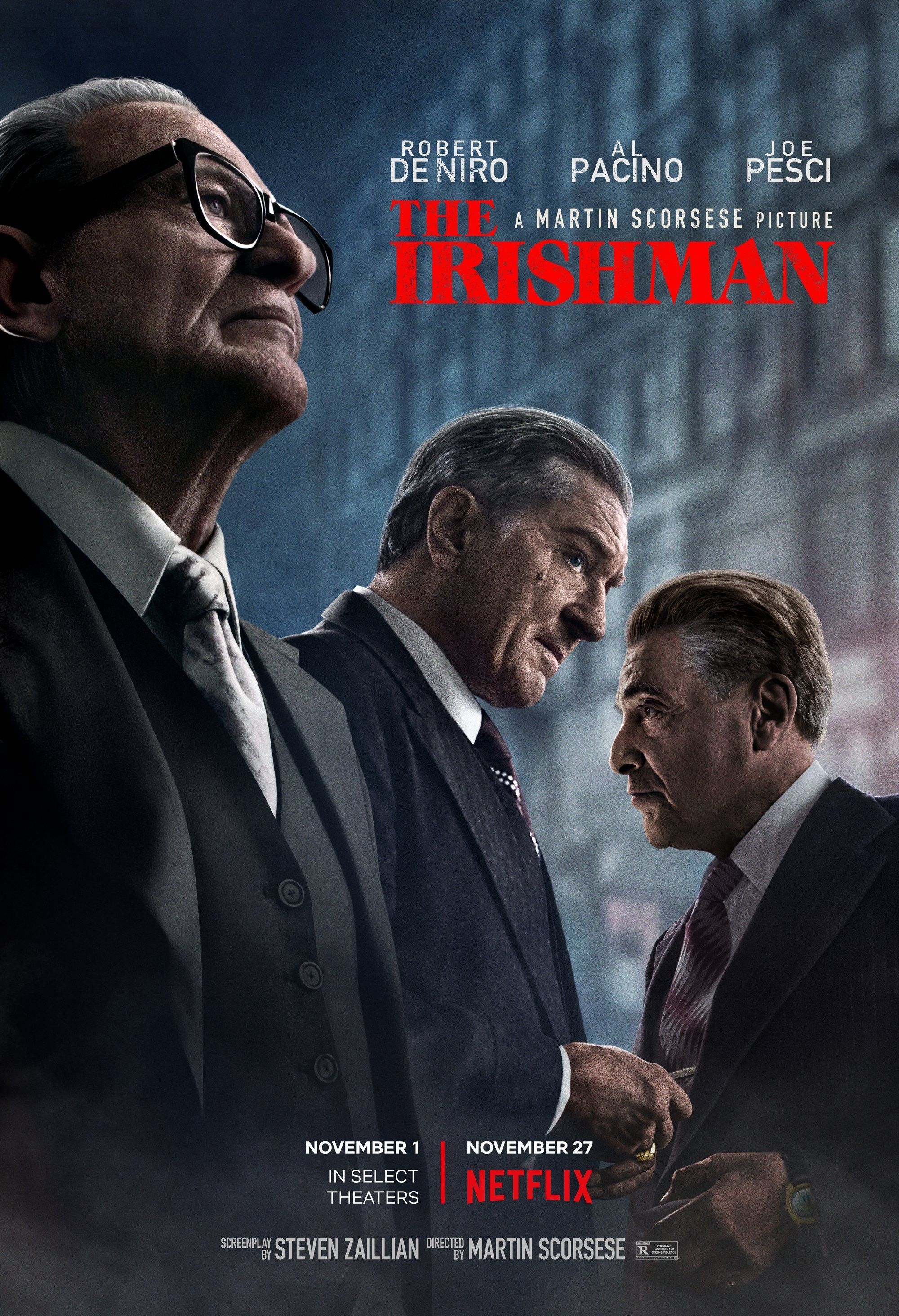
7
‘Once Upon a Time in America’ (1984)
Directed by Sergio Leone
Considering the 229-minute version of the film of course, Once Upon a Time in America soars as a ravishing odyssey of American crime, violence, and greed, cast against the backdrop of the first half of the 20th century. Spanning generations, the gangster epic follows the lives of David “Noodles” Aaronson (Robert De Niro) and his friends from when they are children navigating the brutal underworld of New York City to their emergence as mobsters during Prohibition, and through to Noodles’ return to the city in the 1960s as an old man.
The violence and ruthlessness that Sergio Leone defined spaghetti Western cinema with is on full display in his transition to the streets of New York, but so too is there a haunting regret amid the brutality, a sombre sense of innocence lost in the pursuit of glory and riches. Further enhanced by Ennio Morricone’s evocative score and the gorgeous, sweeping shots of New York, Once Upon a Time in America isn’t merely a gangster epic, but a melancholic reflection on time and choices, on life and consequence.
6
‘City of God’ (2002)
Directed by Fernando Meirelles and Káita Lund
Not only one of the greatest crime movies of all time, but a defining release in the context of foreign-language cinema as well, City of God is one of the most important pictures of the 21st century thus far. Based on real events, the brutal Brazilian drama follows the lives of two boys raised in a ruthless and crime-riddled neighbourhood of Rio de Janeiro. As they come-of-age, one of them decides to become a photographer documenting the violence around him with hopes his work can secure him a way out, while the other is sucked into the local drug trade as a vicious territory war erupts.
It depicts the hostile and, at times, sadistic lifestyle of the Rio favelas with unflinching honesty, with some of its most striking scenes standing among the most disturbing and unforgettable in cinematic history. Far more than just an exhibition of violence and desperation, however, City of God also strives to paint a harrowing portrait of the cyclical nature of gang warfare, poverty, and systemic inequality with gruelling detail. Still capable of blending its visceral brutality with moments of profound humanity and even hope, the mobster masterpiece is a piercing illustration of life in an oft forgotten corner of the world as well as a landmark achievement in crime cinema.
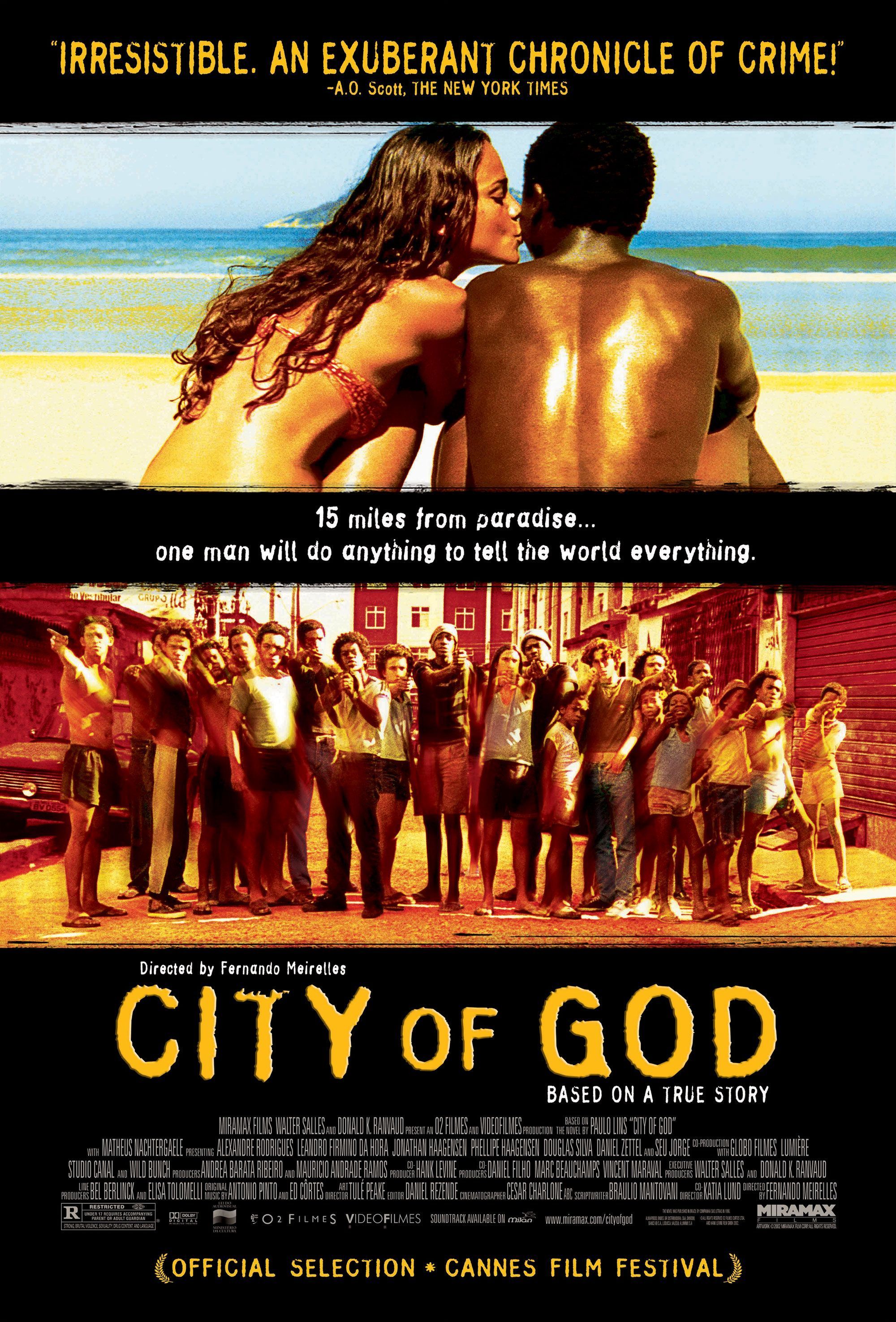
5
‘The Departed’ (2006)
Directed by Martin Scorsese
While gangster movies are known for their dark suspense, few have been as relentlessly thrilling as Scorsese’s scintillating modern classic, The Departed. Based on the 2002 Hong Kong film Internal Affairs, and inspired by the real-life Boston Winter Hill Gang, the crime thriller follows the game of cat-and-mouse that transpires between an undercover cop implanted in a Bostian gang and the high-ranking mole the crime syndicate has in the Boston Police Department, with both men desperate to unveil the other’s identity before their own is revealed.
Amid the labyrinthian plot and an array of outstanding performances from its ensemble cast, The Departed finds a cold and callous brutality, a grim acceptance of the violent hostility between organised crime and law enforcement. Whatever it may lack with regard to character depth it more than makes up for with its pulsating, raw energy, its elaborate and sharp plotting, and its gripping gangland story of duplicity and betrayal.
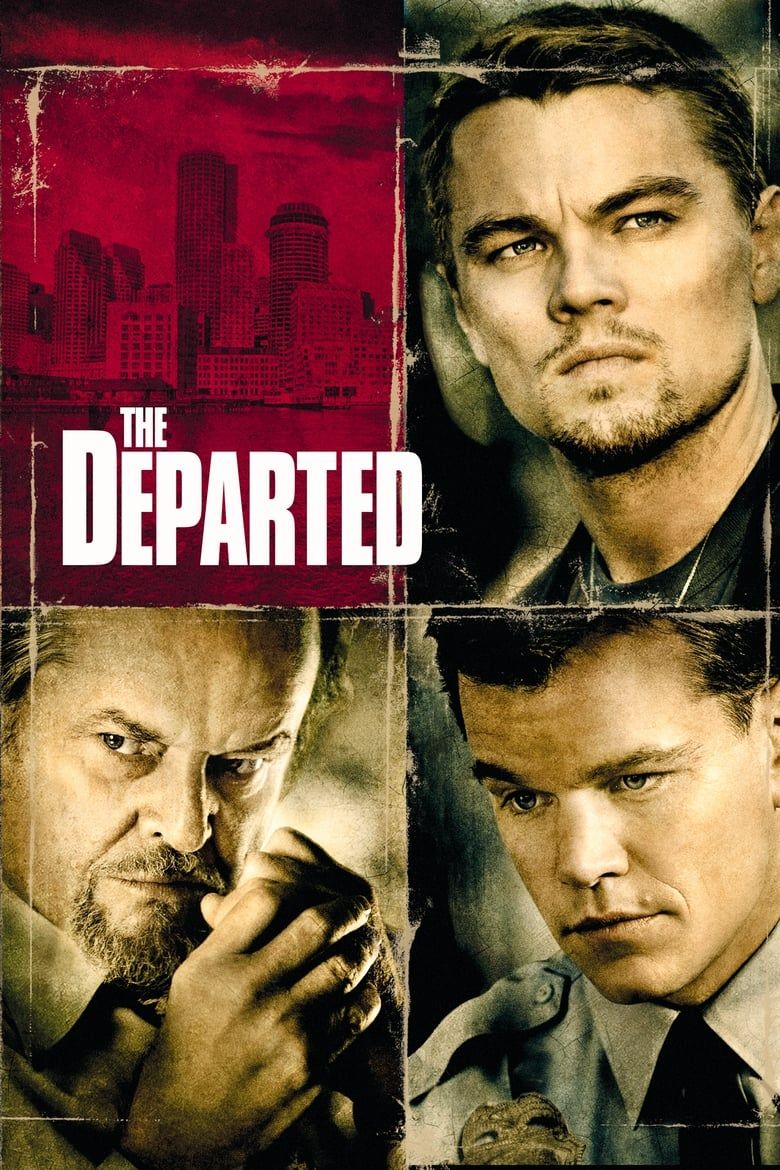
4
‘Pulp Fiction’ (1994)
Directed by Quentin Tarantino
Winding, wild, and a little wacky, Pulp Fiction refuses to conform to the conventions of genre—igniting something of a cinematic revolution in the process—but it is undeniably a gangster movie at heart. A kaleidoscope of criminal eccentricity, it follows two gangland hitmen, the wife of a mob boss, a boxer who agrees to rig a fight, and two low-level robbers, all of whom find their lives entwined amid a bizarre odyssey of circumstance and ultra-violence set amid the Los Angeles underbelly.
Famous for Quentin Tarantino’s trademark dialogue and character work as well as his effervescent, non-linear storytelling, Pulp Fiction is an electrifying hit of style and suspense that is perhaps the defining picture of ‘90s cinema. To comment on it simply as a gangster movie, Pulp Fiction is as slick as it is violent, a compelling medley of textured characters who clash in explosive fashion and, in doing so, highlight the volatility and viciousness that makes mobster films such a uniquely enthralling prospect.
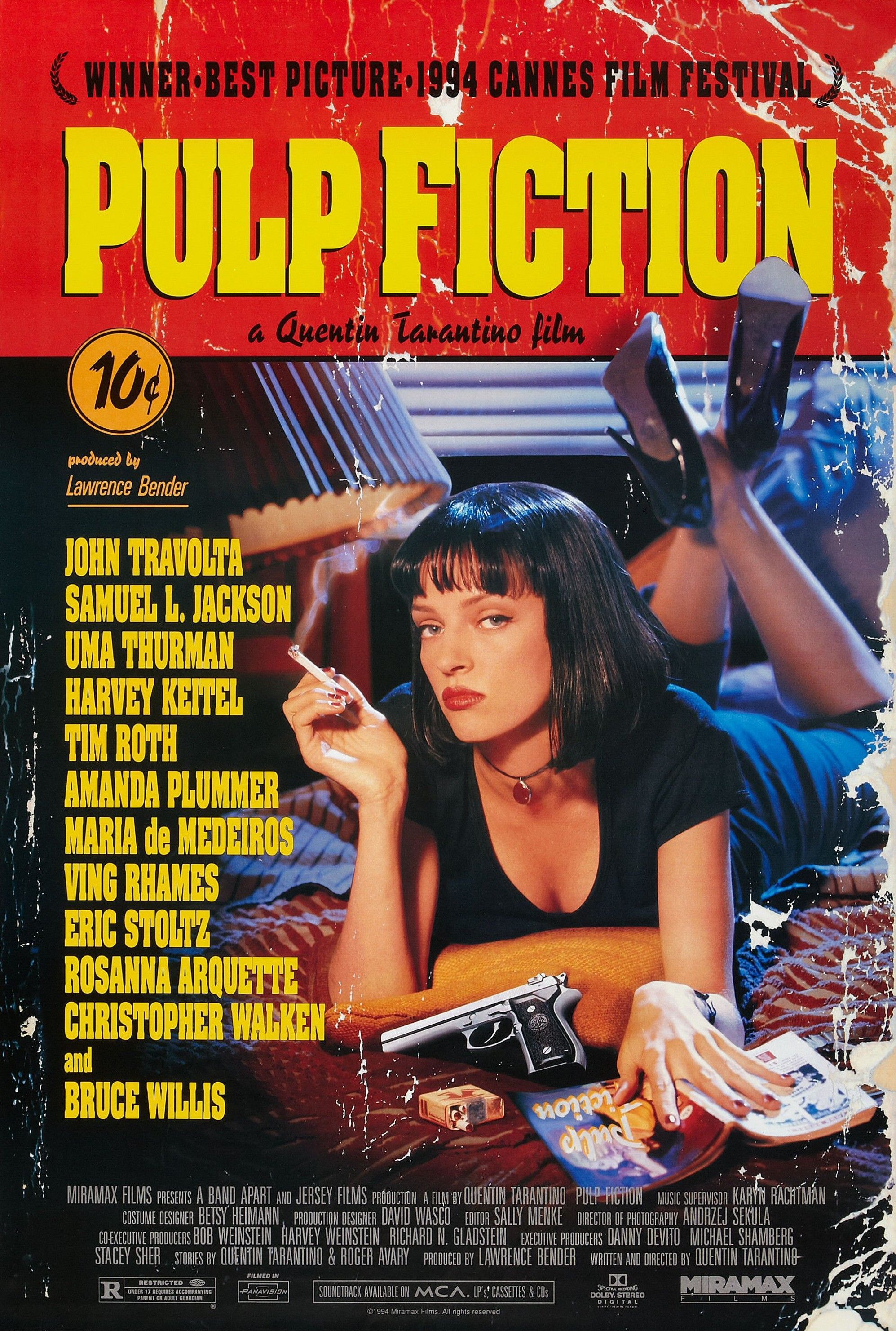
3
‘The Godfather Part II’ (1974)
Directed by Francis Ford Coppola
Many would suggest The Godfather Part II isn’t only the greatest gangster movie ever released, but the best picture of all time. It is easy to see where they are coming from. The enrapturing epic paints a mesmerising portrait of organised crime in America throughout the 20th century. Running with dual stories, the film follows the rise to prominence of a young Vito Corleone (Robert De Niro) in 1910s New York while, in the late 50s, Michael Corleone (Al Pacino) seeks to expand his family’s empire even as new obstacles and enemies emerge.
Unmatched by any other film in the genre in regard to its scope and its ambition, Francis Ford Coppola’s classic sequel, buoyed by masterful direction, Gordon Willis’s evocative cinematography, Nino Rota’s haunting score and its awe-inspiring ensemble cast, stands as a chilling exploration of power, betrayal, and family. In many respects, it remains an unparalleled achievement in cinema, an almighty odyssey of universal critical acclaim and accolades aplenty that has, most impressively, remained not only relevant but quintessential for over 50 years as a timeless tale of ambition, corruption, and consequence.
2
‘Goodfellas’ (1990)
Directed by Martin Scorsese
Perfectly encapsulating the glamour and allure of the mob while still illustrating the inherent violence, treachery, and moral decay of a life of crime, Goodfellas is Martin Scorsese’s magnum opus. Based on the true story of Henry Hill (Ray Liotta), it follows his ascent from being a poverty-stricken youth to a bright and capable enforcer working his way up the ranks of the mafia with his two colleagues and best friends. His life of luxury and excess, however, soon takes a turn as Henry, becoming a drug-addicted and paranoid wreck, becomes an FBI informant and enters witness protection.
What truly sets Goodfellas apart from so many other great crime films is the precision, perfection, and poise of Scorsese’s indulgence in the lifestyle’s appeal. It never reverts to shallow glorification or romanticism, but viewers are made acutely aware of the empowerment that comes with being a gangster. The end result isn’t so much a glossy veneer of crime, but an unapologetic truth, a complete package that shows the opulence and the brutality, the brotherhood and the backstabbing, in one spellbinding story of a life in the mob.
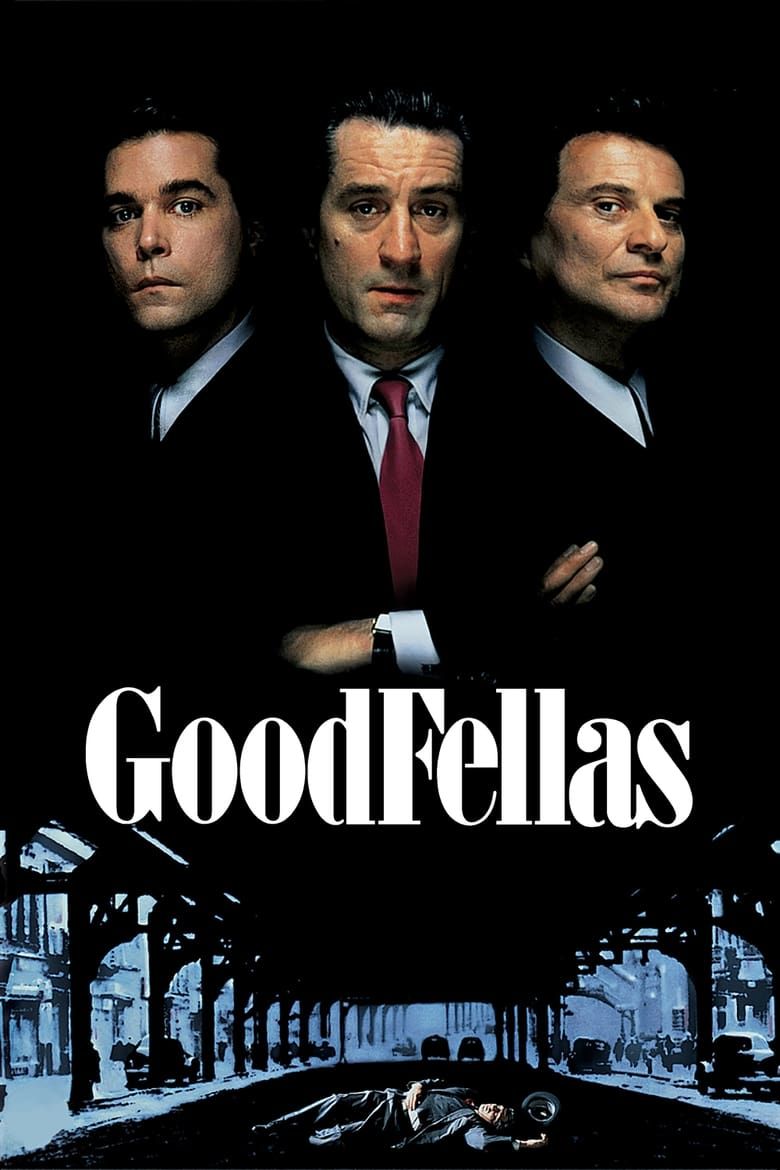
1
‘The Godfather’ (1972)
Directed by Francis Ford Coppola
Surpassing its lauded successor with its more contained focus, its emphasis on the central father-son relationship, and Al Pacino’s divine portrayal of Michael’s moral descent, The Godfather is the defining icon of gangster cinema, and perhaps the icon of cinematic excellence in general as well. It unfolds as the aging Vito Corleone (Marlon Brando) tries to hand over the family crime empire to the command of his son, Micheal, a stoic veteran of WWII reluctant to be involved with the illegal business. As rival gangs close in on his ailing father, however, Michael is compelled by familial loyalty to take charge.
From the enchanting and vibrant opening wedding sequence that presents the dynamic and influence of the Corleone family to the chilling and hopeless conclusion, the striking image of Kaye (Diane Keaton) being shut out of her husband’s life as he is consumed by his new responsibilities as the Don, practically every frame captures the dichotomy of beauty and brutality. It makes the film entirely absorbing as a display of power, an exploration of legacy, and a compelling immersion into the erosion of ideals under the weight of loyalty, ambition, and responsibility. It is perhaps the greatest movie cinema has ever seen, a point that can be argued for its enduring quality as well as its vast influence, and it is unquestionably the best crime picture of all time.
